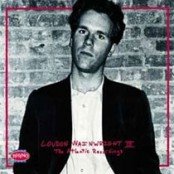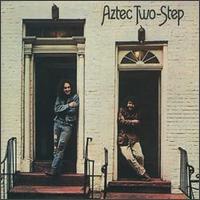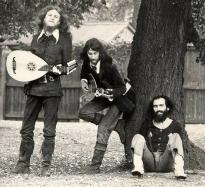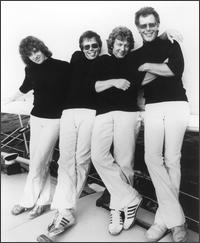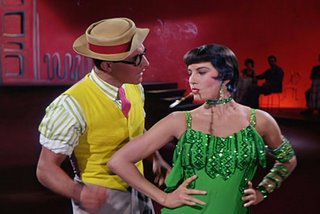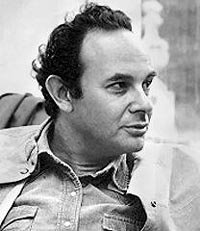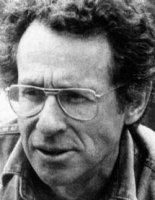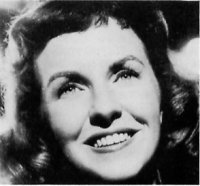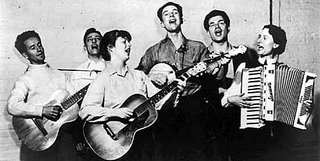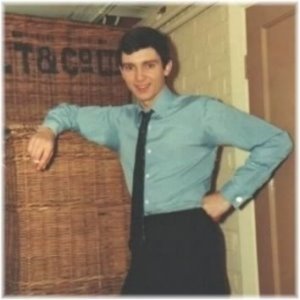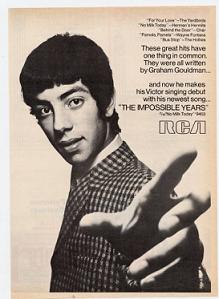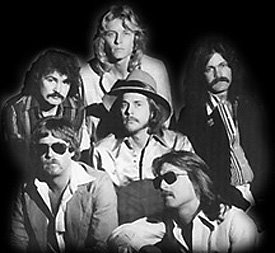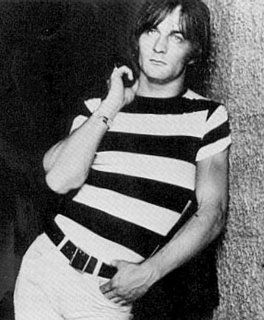
Gene Clark was player-hated by his fellow bandmembers in The Byrds. According to legend, the jealousy came about because he was richer, better-looking, more prolific and more talented than the rest of the boys in the band, at least in their early days. He wrote most of their original songs and B-sides, and when you have a hit single with Bob Dylan's song on the A-side, it means the songwriting royalties go to Bob and Gene. Hence Gene drove Porshes around LA while David Crosby and Roger McGuinn did not. Some say Gene had a better voice than Roger, yet Roger took a lot of lead vocals anyway. McGuinn exploited Gene's fear of flying in a Lear Jet, asking the pilot to do tricks during the flight, thereby terrorizing Gene. Crosby wouldn't even let him play guitar on stage, just tambourine. But Gene pushed on, writing great songs one after the other. His best songs came after breakups with girlfriends, songs like Feel A Whole Lot Better. He also was primarily responsible for my favorite rock and roll song of all time, 8 Miles High, most of which he wrote after hanging out with Brian Jones one night. Just look for any Byrds CD reissues with bonus tracks. Check who wrote the song and if it's a Gene Clark composition then it's a winner.
Understandably, Gene quit The Byrds and moved on to do his first solo album. It's a great record. Check out the psychedelic lyrics while you listen to So You Say You Lost Your Baby:
Throw your troubles to the moon trollsGene Clark, if you'll forgive the John Madden phrasing here, was the Real Deal. I know a lot of cult figures may not live up to the hipster hype, but I'm here to tell you Gene Clark was for real. He was simply a great singer and songwriter, and there are loads of songs to prove it. Check out the American Dreamer compilation from Australia for a good summary. Or if you're willing to stay with Gene's problematic 70's masterpiece (which was literally trashed by David Geffen at Asylum upon completion) you will realize why the record is called No Other.
To swallow up like stormy dreams.



